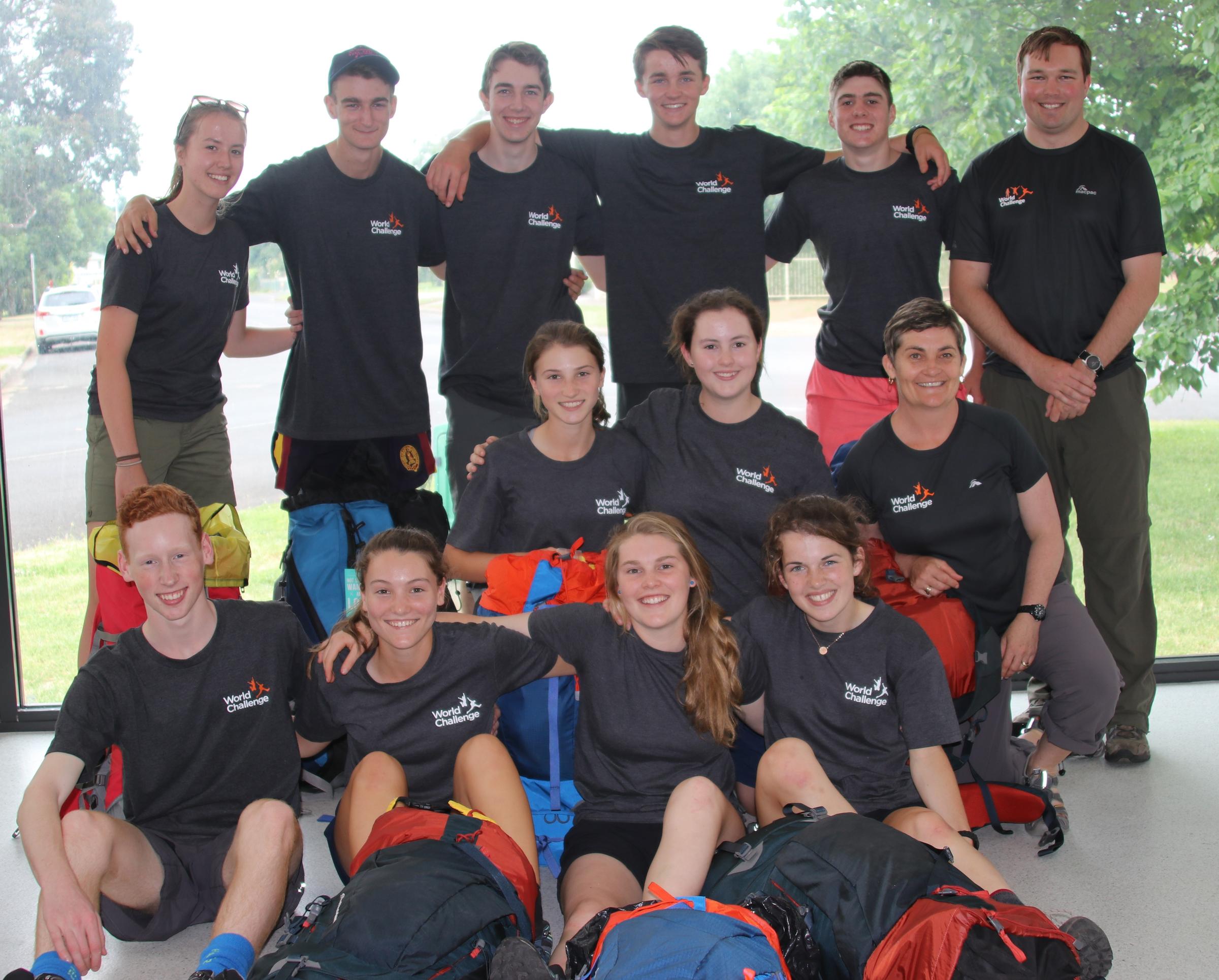Principal's Report

Key Insights on Studying, Remembering, and Learning
At this important time of year, I thought I would share a few study tips from Benedict Carey in his 2013 book, How We Learn.
How much does it help to review notes from a class or lesson?
Very little, he says. Looking over highlighted material is one of the least effective ways to study; the same goes for verbatim copying. That’s because both are fairly passive and don’t engage the brain in the kind of work that will make learning sink in. What’s more, passive review can cause what cognitive scientists call the “fluency illusion” – unwarranted confidence that you’ll remember it for good.
• Is there an optimal amount of time to study or practice? “More important than how long you study is how you distribute the study time you have,” says Carey. Ideally, break up study time into chunks over two or three days, each time reengaging with the material, retrieving it, and re-storing it in memory – “an active mental step that reliably improves memory.”
How does sleep affect learning?
The deep sleep that occurs in the first half of the night is most important for consolidating and retaining hard facts – names, dates, formulas, concepts. So if you need to remember that kind of information, Carey recommends going to bed at your regular time to maximize deep sleep. But the kind of sleep we have in the early morning hours helps consolidate motor skills and creative thinking. If you need to perform creatively, whether it’s in math, science, writing, or music, you might stay up later and sleep in to maximize the effects of the second kind of sleep.
What does work?
“Self-testing is one of the strongest study techniques there is,” says Carey. “Old-fashioned flashcards work fine; so does a friend, work colleague, or classmate putting you through the paces.” So does reciting a passage from memory, or explaining a concept to yourself or a friend. Testing yourself (or being tested) does two things: it forces you to retrieve information from memory, and it gives you immediate feedback if you couldn’t remember it so you know what you don’t know and need to work on some more.
Far better to test yourself, space out the study, and find out what you actually don’t know. I wish all students every good fortune and remind them ‘the only time success comes before work is in the dictionary’.
Dr Andrew Hirst
